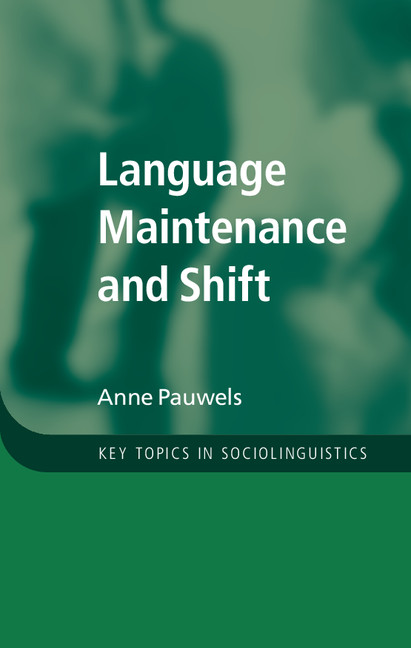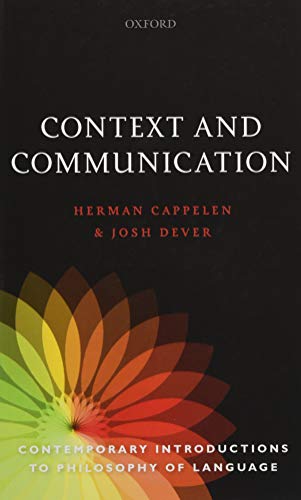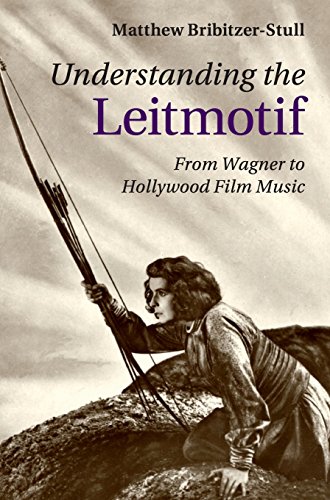Chaucer: Animaduersions Uppon the Annotacions and Corrections of Some Imperfections of Impressiones of Chaucer's Workes Sett Downe Before Tyme and Nowe Reprinted in the Yere of Our Lorde 1598
Chaucer: Animaduersions Uppon the Annotacions and Corrections of Some Imperfections of Impressiones of Chaucer's Workes Sett Downe Before Tyme and Nowe Reprinted in the Yere of Our Lorde 1598
by Francis Thynne
27 Nov, 2018
Although only the grandson of the first of his name, the author of the following interesting specimen of 16th-century criticism came of a family of great antiquity, of so great an antiquity, indeed, as to preclude our tracing it back to its origin. T
... Read more
Although only the grandson of the first of his name, the author of the following interesting specimen of 16th-century criticism came of a family of great antiquity, of so great an antiquity, indeed, as to preclude our tracing it back to its origin. This family was originally known as the “De Botfelds,” but in the 15th century one branch adopted the more humble name of “Thynne,” or “of the Inne.” Why the latter name was first assumed has never been satisfactorily explained. It can hardly be supposed that “John de la Inne de Botfelde,” as he signed himself, kept a veritable hostelry and sold ale and provender to the travellers between Ludlow and Shrewsbury, and most probably the term Inn was used in the sense which has given us “Lincoln’s Inn,” “Gray’s Inn,” or “Furnivall’s Inn,” merely meaning a place of residence of the higher class, though in this case inverted, the Inn giving its name to its owner. Less







.jpg)


















